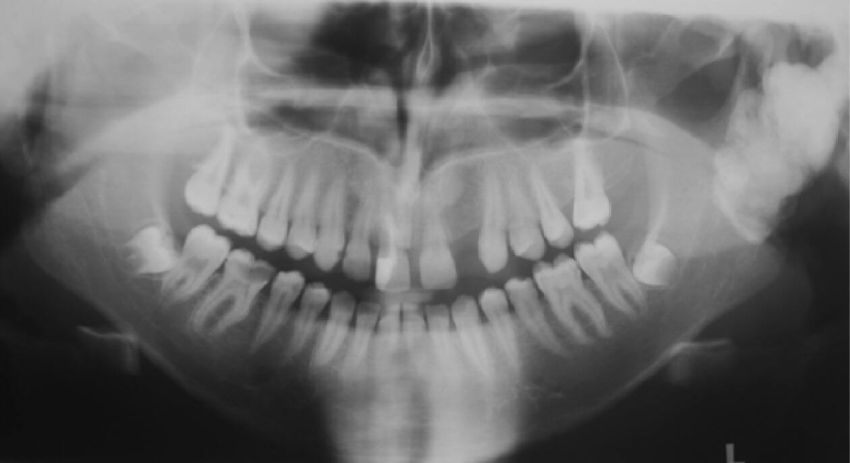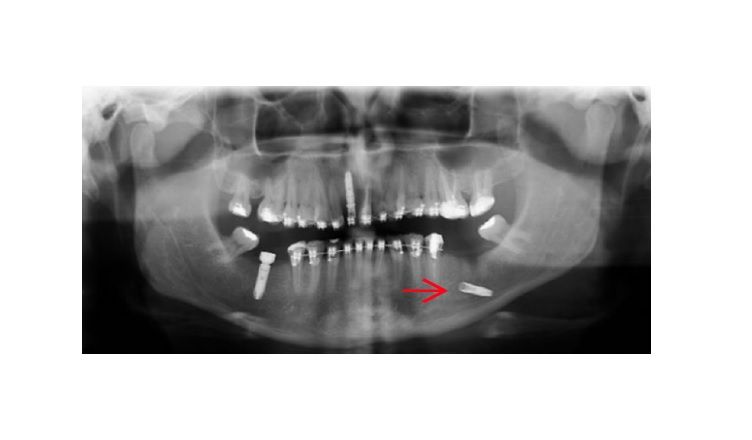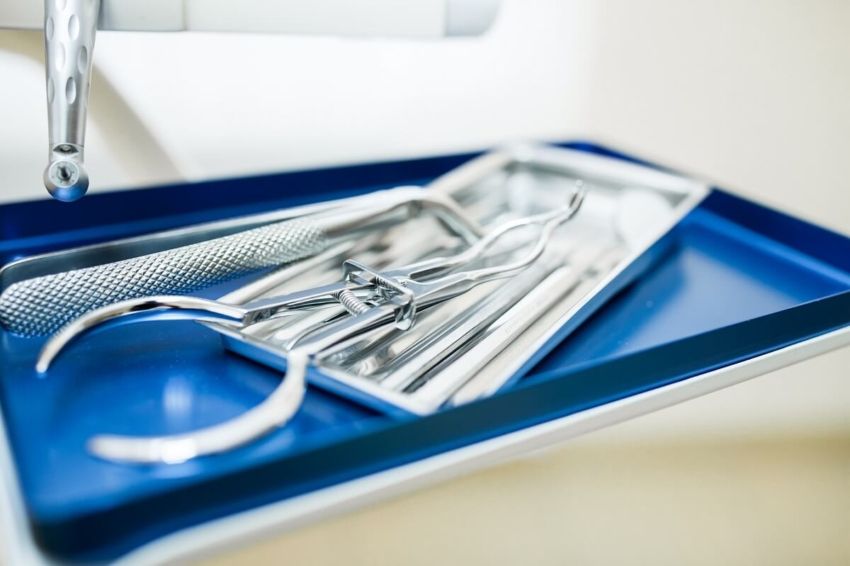US: 6% of post-pandemic hygienists still not back to work
It is estimated that due to the pandemic in March, 1 in 16 U.S. dental hygienists were still not working in the profession, a slight improvement over the status in the fall of 2020. That's according to a May 4 webinar organized by the American Dental Association (ADA) and the American Dental Hygienists Association (ADHA).
– Many U.S. hygienists are still not working due to fears of SARS-CoV-2 or the need to care for children who have stayed at home. However, vaccines are more widely available and children are going back to school, so hopefully this situation will change. We will be tracking these numbers – Rachel Morrissey, an analyst at the ADA's Health Policy Institute, said.
A renewed decline after an earlier improvement in employment
In February this. The American Dental Hygienists Association has published the results of a study (COVID-19 pushed 1 in 12 dental hygienists out of the workforce) indicating that about 8% of hygienists have said goodbye to their profession due to a coronavirus. At the same time, it was noted that staffing shortages are likely to continue until the end of the pandemic.
The researchers conducting the study found that concerns about coronavirus, the challenges of implementing necessary but cumbersome infection control measures in dental offices, and the lack of childcare (remote or hybrid teaching in US schools) prompted some hygienists to leave the profession.
The latest data was obtained in a survey conducted by the ADA and ADHA in the first week of March, which received 1146 responses. Among respondents, 68 (6%) have not worked as hygienists since the beginning of March, an improvement over the 8% who did not work in October 2020. However, it is worse than at the beginning of this year – only 4% of hygienists were out of the profession in January, and 5% in February.
Older people are voluntarily quitting their jobs, younger ones are caring for children
Among hygienists who were unemployed in the first week of March, 65% made this decision voluntarily (in October – 59%). About half of the ladies in this group are 55 or older, which could mean that at least some of them will definitely part ways with the profession. In contrast, those under 35. years of age accounted for only 15% of dental hygienists who voluntarily left their jobs.
In general, the main reason for resigning from work was concerns about coronavirus. However, for ladies in the 35-44 age group, the most common reason for quitting was the need to provide care for children – this reason was given by 3 out of 4 hygienists.
More optimism through vaccination
– Despite all the concerns, those hygienists who worked during the pandemic helped keep the number of COVID-19 cases low, and more than half of those surveyed have already been vaccinated – said Dr. Cameron Estrich, an analyst for the. The ADA's Institute for Health Science and Research.
– As of March 1, 2022, 52% of dental hygienists surveyed were fully vaccinated. About 7% of surveyed hygienists contracted COVID-19 – less than for other health care workers and less than in the general US population – Dr. Estrich added.
About the assistant's cooperation with the dentist during the procedureóin endodontics, but also about the most common errors that occur at the chairside, regardless of the type of procedure being performed, he tells Dentonet Dipl. hyg. stom. Martyna Zawadka. – The assistant is the pilot of the procedure – emphasized our interviewee, during an interview recorded during this year's Asysdentium.



